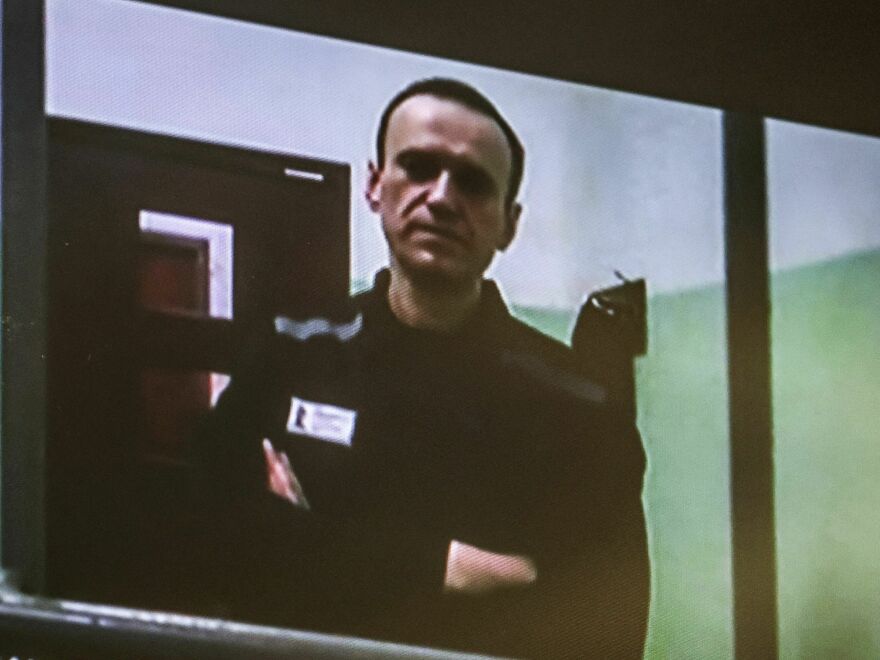A Moscow appeals court has upheld a 19-year prison sentence for Russian opposition leader Alexei Navalny, who was convicted on extremism-related charges in August.
Navalny, a fierce critic of Russian President Vladimir Putin, is already serving a 9-year sentence on fraud and embezzlement charges.
In August, the court said Navalny had financed and incited "extremist activities" with his group the Anti-Corruption Foundation. The group was banned by Russian authorities in 2021 and labeled as extremist.
Navalny has rejected the charges as politically motivated by the Kremlin in an attempt to silence him.
The foundation responded to Tuesday's decision on X (formerly Twitter): "This extremism case is fabricated. It consists of 196 volumes and contains 3828 pages of pure nonsense: screenshots from the Internet, blank pages, and...an omelet recipe."
The appeal was held in a closed hearing, as Russia's Interior Ministry had said Navalny's supporters could stage "provocations," Russian state news agency Tass reported. Navalny appeared via video link from a maximum security penal colony in the town of Melekhovo, about 150 miles east of Moscow, where he is being held. He will now be transferred to a different maximum security facility, Tass said.
In a thread on X posted Tuesday, Navalny (likely via his associates) described prison conditions he had endured, including freezing cold cells and only "monstrous" gruel to eat.
Navalny's 19-year sentence will include time served since he was arrested on Jan. 17, 2021, The Associated Press reported. He was poisoned with a nerve agent in 2020 and spent months recovering in Germany before returning to Russia where he was immediately arrested. The latest conviction is his fifth in recent years.
The appeals court on Tuesday also upheld an 8-year prison sentence for Daniel Kholodniy, a former employee with Navalny's YouTube channel.
The U.S. State Department previously condemned Navalny's August sentencing, calling it an "unjust conclusion to an unjust trial" and saying Navalny should be released.
Copyright 2023 NPR. To see more, visit https://www.npr.org.


